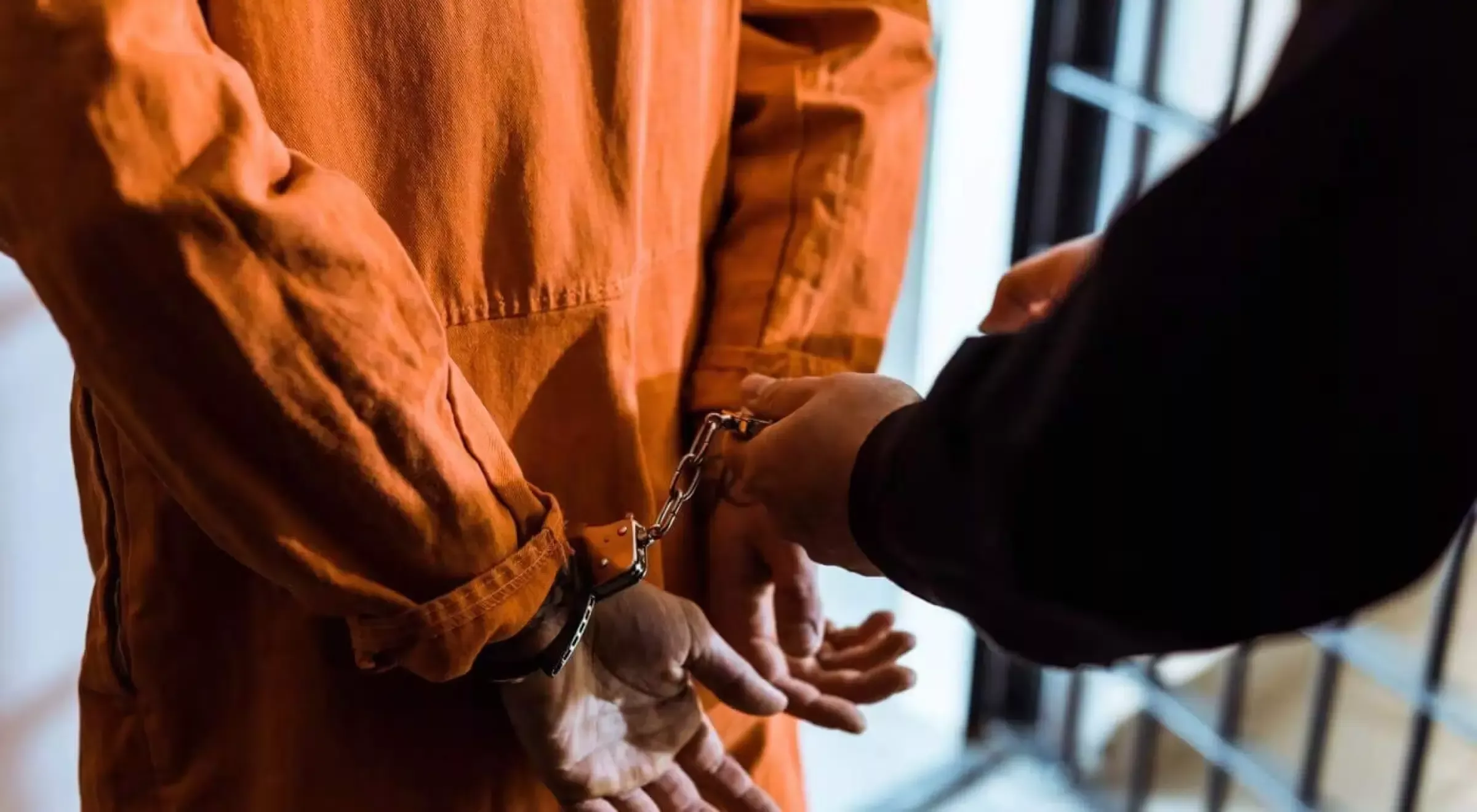The U.S. Marshals Service houses over 63,000 prisoners in federal, state, local and private jails throughout the nation. In order to house these pre-sentenced prisoners, the U.S. Marshals Service contracts with approximately 1,200 state and local governments to rent jail space.
Seventy-five percent of the prisoners in U.S. Marshals custody are detained in state, local and private facilities; the remainder are housed in Federal Bureau of Prisons (BOP) facilities.
The U.S. Marshals Service does not own or operate detention facilities but partners with state and local governments using intergovernmental agreements to house prisoners. Additionally, the agency houses prisoners in Federal Bureau of Prisons facilities and private detention facilities. (The U.S. Marshals Service is implementing the President’s Executive Order on private detention facilities across facilities within the U.S. Marshals Service. As part of the implementation process, the U.S. Marshals Service is carefully examining its existing contracts with these facilities, while also taking care to avoid unnecessarily disrupting meaningful access to counsel, timely court appearances and case resolutions, and access to family visitation and support.)


